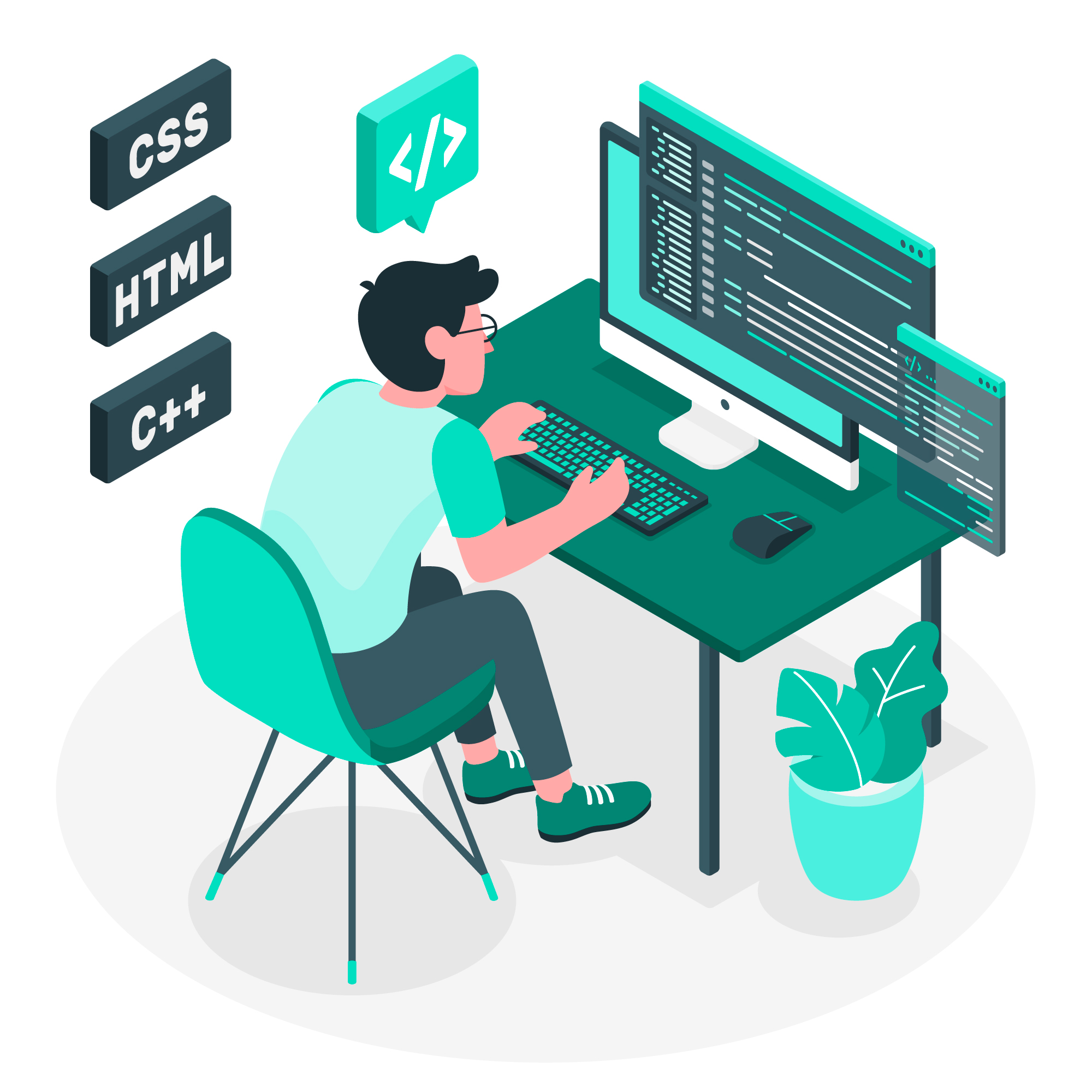Software Developer (SSC/Q0508, Version -2.0, Level-3, SSC-NASSCOM)

About Course
As a software developer, taking courses can be an excellent way to enhance your skills, stay updated with the latest technologies, and expand your knowledge in specific areas. Here are some important points to consider when choosing a course as a software developer:
1. Relevance: Ensure that the course aligns with your goals and focuses on the technologies or programming languages you want to learn or improve upon. Look for courses that cover topics directly related to your interests and career aspirations.
2. Quality: Research the course provider or institution offering the course. Look for reputable organizations, universities, or online learning platforms known for their quality content and instructors. Check reviews and ratings from previous students to gauge the course’s effectiveness.
3. Curriculum: Review the course syllabus to understand the topics covered, the depth of the material, and the overall structure of the course. A well-structured curriculum will provide a comprehensive understanding of the subject matter, starting from fundamentals and progressing to advanced concepts.
4. Practicality: Practical hands-on experience is crucial in software development. Ensure that the course offers practical exercises, coding assignments, or projects that allow you to apply the concepts you learn. Practical work will help reinforce your understanding and build your portfolio.
5. Instructor or Support: If the course includes instructor-led sessions, check the instructor’s credentials, industry experience, and teaching approach. Experienced instructors who can provide guidance and support can greatly enhance your learning experience. Additionally, consider whether the course offers any form of support or community where you can ask questions or collaborate with fellow learners.
6. Flexibility: Consider your schedule and the course format. Determine whether the course is self-paced, allowing you to learn at your own speed, or if it has fixed deadlines and a specific duration. Make sure the course’s timeline aligns with your availability and preferences.
7. Cost and Value: Evaluate the cost of the course in relation to its value. While free or low-cost courses can be attractive, they may lack comprehensive content or adequate support. Sometimes investing in a higher-priced course from a reputable provider can offer better value in terms of the knowledge and skills gained.
8. Certification: Check if the course provides a certificate upon completion. Certifications can be useful for showcasing your skills to potential employers or clients. However, keep in mind that the credibility of a certificate may vary depending on the course provider and its reputation in the industry.
Remember, courses are just one part of your learning journey as a software developer. Supplement your learning with practical projects, books, online tutorials, and participation in developer communities to gain a well-rounded skill set and stay up to date with industry trends.
Course Outline :
IT-ITeS/IT Support Service Industry – An Introduction
IT Services- An Introduction
Problem-Solving and Program Design
Technical Specifications software construction
Basic Algorithm and Application Development
Work Requirements and Roles at Entry Level
Tools and Software for testing Entry Level Tasks
Manage your Work to meet Requirements
Work Effectively with Colleagues
Managing Health and Safety
Workplace Data Management
-
Course Fees –INR 25,000 (One Time) or INR 15,000 + INR 5000 + INR 5000 (Instalments)
-
Course Duration -6 Months
-
Eligibility Criteria – 12th Class + 6 months of relevant
-
experience or 10th Class + ITI or 10th Class with 2 years of relevant experience
-
Job Role – Individuals in this job are assigned one of the many entry-level roles in the software industry including support and help desk, testing, user interaction design, maintenance, enhancement, development, and documentation. They are responsible for assisting in performing the key activities and tasks involved in the assigned role.
Student Ratings & Reviews
